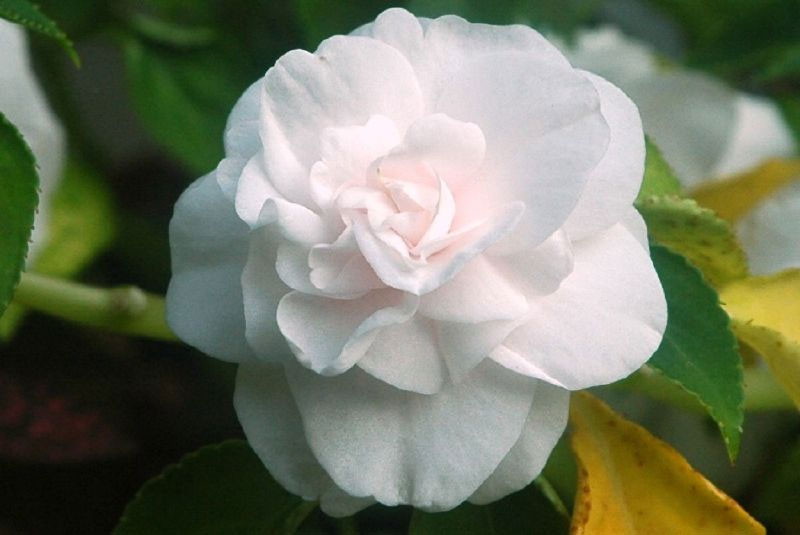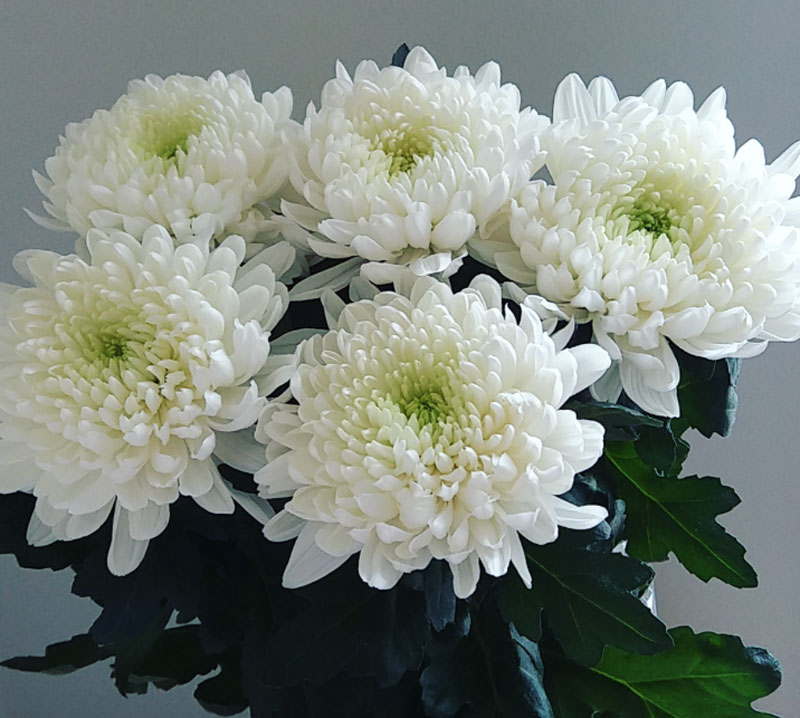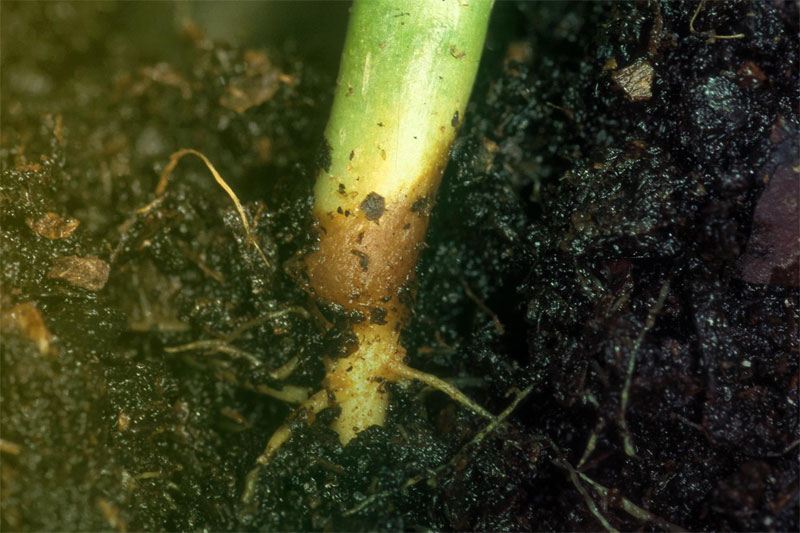Mindblown: a blog about philosophy.
-

Double flower
A flower with an unusually large number of petals, often caused by mutation of the stamens into petals.
-

Disbud
To remove some flowerbuds to improve the size or quality of those remaining.
-
Deadhead
To remove spent flowers to maintain a neat appearance and encourage a longer blooming period. To remove dead flowers, with the twofold aim of tidying up the plant and preventing it wasting energy in unwanted seed. In some plants it may also help prevent diseases, such as petal blight of azaleas.
-

Damping off
Fungal disease causing seedlings to rot at soil level and topple over. The withering and demise of nascent plants due to the emergence of a stem wound at the level of the soil, which leads to their eventual collapse. This term appears to originate from cultivators, likely stemming from the humid and congested conditions experienced…
-
Alkaline soil
Soil with a pH higher than 7.0.
-
Acid soil
Soil with a pH lower than 7.0. Containing relatively little lime, to give a pH reaction of less than 7, the sort of soil needed to grow such plants as azaleas, camellias, rhododendrons and the like, and in which hydrangeas flower blue. A very acid soil is described as ‘sour’.
-
Zymotic
Referring to zymosis. To or produced by fermentation. A broad term encompassing any infectious or contagious disease.
-
Zygomycosis
A disease caused by a fungus which infests the blood vessels in the lungs. Fungal infections caused by various species including those involved in mucormycosis and entomophthoramycosis. An alternative term for mucormycosis, a fungal infection, is zygomycosis. The fungi responsible for causing mucormycosis belong to a specific group known as Zygomycetes. This group of fungi…
-
Zygomatic process
One of the bony projections which form the zygomatic arch.
-
Zygomatic bone
A bone which forms the prominent part of the cheek and the lower part of the eye socket. One of a pair of skull bones that form the lower part of the eye socket and prominence of the cheek. Facial bones that form the lateral edges of the eye sockets and cheekbones. Either of a…
Got any book recommendations?